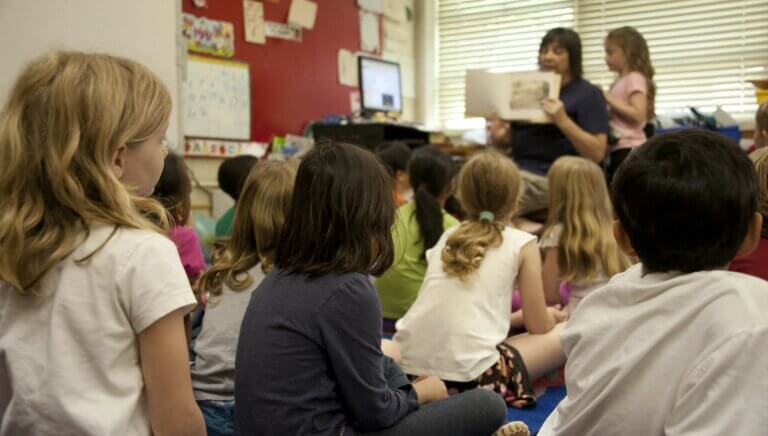Self-efficacy, or the belief in your own ability to handle different situations or achieve certain goals, has been shown to be linked to a range of outcomes for children. These links include overall wellbeing and academic performance.
With children’s wellbeing frequently in the news headlines, it is surprising that this link with self efficacy is rarely mentioned.
Research by the London School of Economics shows that children in lower socio-economic groups are likely to have lower levels of self-efficacy and as a consequence tend to have lower levels of resilience, self-confidence and even set lower expectations for themselves.
Evolve Health Mentors are providing support to disadvantaged children at schools across the UK and help to provide them with the tools to improve their overall wellbeing and self-efficacy.
The impact of our health mentoring programme in schools is monitored through our Wellbeing Compass survey. Questions within the self-efficacy domain measure children’s attitude towards challenging school work and learning new things. Recently, within just one school term of mentoring, mentees’ self-efficacy scores improved by 6%, to a statistically significant level.
So how did our Health Mentors contribute to this achievement?
Research shows that having a role model can be important in building self-efficacy. In one-to-one mentoring sessions throughout the year, Health Mentors become a reliable and positive role model for mentees, one which some children may otherwise not have. In the mentoring sessions themselves, mentees are provided with the techniques needed to challenge negative thinking and given encouragement to develop a more positive mindset. This can help to build their confidence and improve their wellbeing, not only at school, but in future years.
Most importantly though, mentees are supported in building their resilience. This can be in the form of practical mentoring sessions, where children are challenged with engaging problem solving activities or being supported in trying a new hobby or sport. This teaches children that they can achieve things outside of their comfort zone, helping to grow confidence when faced with new challenges. They not only develop their self-efficacy, but additionally their overall wellbeing and mindset, translating to improvements in school performance such as attendance, engagement in learning and academic progress.
If you would like to learn how our Health Mentors could improve your pupils’ self-efficacy and overall wellbeing, please contact us at wellbeing@evolvesi.com.
To learn more about the link between socio-economic status and self-efficacy, click the link here.
